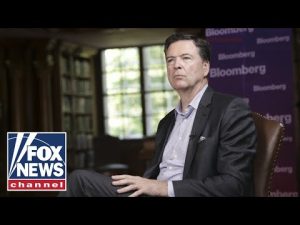America is waking up to a grim pattern: too many young men drifting into isolation, then into poisonous online communities that turn anger into action. Gallup polling now shows a surprisingly large share of U.S. men under 35 reporting chronic loneliness, a national weakness that creates fertile ground for ideology to take hold where healthy institutions once did.
Loneliness is not just a private pain; social scientists say it helps explain how political radicalization works when it does happen. Researchers who study violent radicalization point to social and political structures that leave young people disconnected and searching for belonging, a vacuum extremists of all stripes are eager to fill.
We have seen this rot spill into real bloodshed. The brutal assassination of conservative activist Charlie Kirk and the chilling inscriptions found on the suspect’s bullet casings made clear that this is not abstract theory but lethal reality, with online memes and nihilistic slogans turned into a manifesto. Reporting shows investigators recovered etched messages and traced aspects of the suspect’s online life as part of the investigation into that murder.
The permissive environment on elite campuses only accelerates the problem, as flyers celebrating political violence and linking to militant left-wing groups have been found on college grounds. Images of recruitment material praising slayings and encouraging “real change” expose how radical groups seek to normalize and recruit from student loneliness and outrage under the guise of activism.
This trend is not limited to one campus or one city; law enforcement investigations into a violent attack near an ICE facility in Texas tied several suspects to anti-fascist and trans-activist circles, showing how ideological fervor can escalate into armed confrontation. The Washington Post and other outlets have chronicled arrests and raids connected to such attacks, underlining the national scope of the threat.
Conservatives should not be coy about the causes: the breakdown of family, the collapse of community institutions, the elevation of grievance as moral identity, and the media’s refusal to honestly name and condemn violent ideology all play roles. At the same time, tech platforms and campus leaders have fostered environments where performative violence and meme-driven radicalism spread unchecked, and that needs to stop now.
Solutions are practical and patriotic: rebuild community through faith and local institutions, promote fatherhood and stable families, hold social platforms accountable for amplifying violent networks, and enforce the law impartially against political violence from any quarter. Universities must defend free speech while not serving as safe harbors for groups that cheer murder, and law enforcement must be empowered to take early, neutral action against credible threats.
Americans who cherish liberty must demand better than a culture that turns lost young men into instruments of chaos. We can and must reclaim our communities, push back against radicalizing ideologies, and insist that both compassion and accountability be restored so that future generations find belonging in building this country, not in tearing it down.







